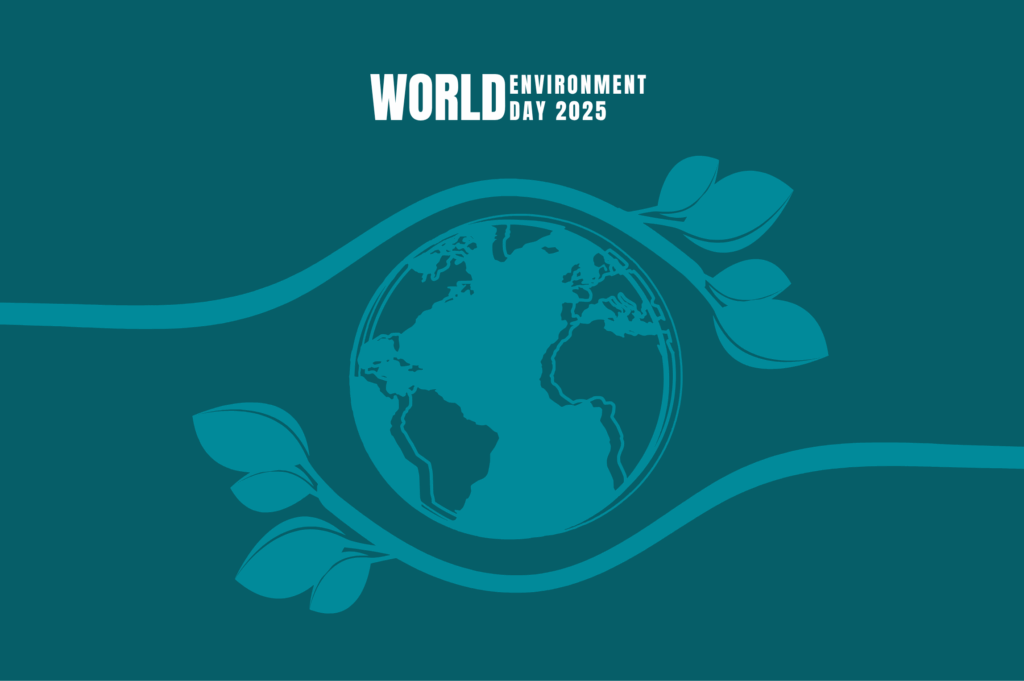
Enjoying a healthy, safe, clean, and sustainable environment is a human right.
Defending it is one of the defining fights of our time.
It’s not only essential to life and human dignity, it’s also at the crossroads of some of today’s most pressing issues and challenges: economic development, geopolitical competition, and the race for natural resources in the name of energy transition.
The right to a healthy environment
The right to a healthy environment is now firmly rooted in international law. The United Nations General Assembly formally recognized it in 2022 as a universal human right. But its legal foundations run deeper:
- A healthy environment is constitutionally protected in more than 100 States, and over 100 countries have enacted legislation explicitly recognizing it as a right.
- Human rights bodies such as the African Commission on Human and Peoples’ Rights, the African Court, the European Court of Human Rights, and the Inter-American Court of Human Rights have all affirmed this right through their jurisprudence.
- The Aarhus Convention connects environmental protection with the rights to access information, participate in decision-making, and access justice.
Yet recognition does not equal implementation.
Every day, extractive projects, land grabs, carbon markets, and profit-driven conservation initiatives threaten fragile ecosystems and the communities that depend on them. In many parts of the world, the fight to protect the environment is inseparable from the struggle for justice, democracy, and survival.
Access to natural resources remains governed by historical patterns of domination.
This reality disproportionately affects already vulnerable groups — including the elderly, women, indigenous groups and above all, younger generations who will bear the long-term consequences of today’s environmental decisions.
At ASF, we defend the right to a healthy environment through legal aid, strategic advocacy, and community engagement. From our work on oil extraction in Eastern and Central Africa, to challenges related to conservancies, environmental pollution, and migration in North Africa, we stand with communities demanding their rights, promoting accountable governance of natural resources, and protecting their dignity.
This World Environment Day, let us reaffirm that environmental rights are human rights — and that now, more than ever, they must be protected with urgency, determination, and solidarity.



